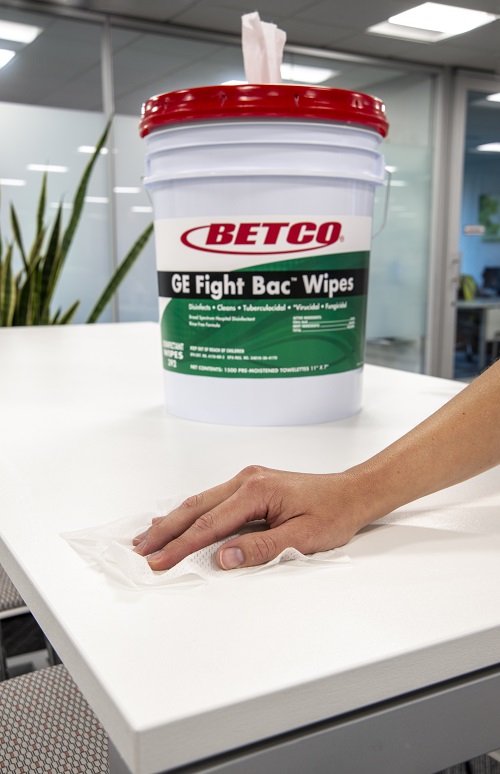The U.S. has been battling an intense wave of norovirus with more current positive cases in 2023 than previous years’ peaks. Currently, outbreaks in America continue to spread. The virus has achieved its massive rate of infection due to its contagious
nature. According to the CDC, norovirus is spread through direct contact with an infected individual, consuming contaminated food or water, or touching contaminated surfaces and then touching one’s nose or mouth. It is extremely easy for norovirus
to spread, especially within confined spaces. It is not uncommon for schools and nursing facilities to shut down entirely during an outbreak due to increased rate of infection amongst a vulnerable population.
What Is Norovirus?
Norovirus’ unpleasant symptoms created the moniker “winter vomiting disease.” Staying true to its nickname, cases are usually highest in the United States from November to April, and this year is no different. First discovered in
Norwalk, Ohio in the late 1960s, norovirus has swept the nation every year since. Symptoms include nausea, sudden vomiting, stomach cramps, diarrhea, muscle pain, and low fevers. The virus targets the intestinal lining and wreaks havoc on the
digestive tract for the next 48 hours. Its high level of transmission and severe symptoms make norovirus a threat to facilities with people in close proximity, from nursing homes to elementary schools.
c32e89422b1967ff9f1aff00005d9932.png?sfvrsn=6b37ee8f_1)
While most cases are not serious, the severity of the sickness varies. In children under five and adults 85 and older, norovirus can lead to hospitalization and even death in extreme cases. If the afflicted individual is immunocompromised, symptoms
have the potential to last for weeks or years in serious cases. Contracting norovirus is certainly inconvenient and uncomfortable, but the real danger lies in dehydration. Liquids must be adequately replenished, or several days of fluid loss can
completely dehydrate the sick individual, creating more problems. However, most symptoms generally resolve themselves after several days.
Preventing Norovirus
Norovirus is easily passed from person to person but extremely hard to kill on surfaces, adding to its level of contagion. The genetic composition of the virus differentiates it from other seasonal sicknesses like influenza and the common cold. Cold
and flu viruses enter the body enveloped in a protective protein sleeve. This sleeve is easily penetrated with alcohol-based hand sanitizers and cleaners, effectively killing lingering cold and flu germs on surfaces and human hands.
Stay Informed: Take Clean Further with Betco
Subscribe to Betco emails to join thousands of other industry professionals and get the most helpful blog posts, the latest news, new product notifications, and invitations to our events conveniently in your inbox!
Yes, Sign Me Up!
Norovirus is much hardier due to its unique composition. As a single-stranded RNA virus with no penetrable outer coating, alcohol and most common disinfectants are ineffective on hard surfaces. What’s more, norovirus survives for two weeks on surfaces and
continues surviving in water for two months or more. This means that even though an individual has fully recovered and is no longer contagious, hard surfaces they have touched with unclean hands will continue spreading infection for two weeks.
To prevent rapid spread, the following EPA registered disinfectants have proven efficacy against norovirus:

There are no vaccines or medicines targeting norovirus specifically, but the CDC recommends adopting the following procedures to prevent norovirus infection:
- Wash your hands thoroughly
- Wash all fruits and vegetables before eating
- Disinfect surfaces frequently
- Avoid touching your nose and mouth
Washing your hands is the first line of defense against norovirus. To solve hand hygiene demands in a variety of environments, Betco’s Clario® line is designed for functionality and maximum cleanliness. Every Clario bag is sealed to prevent contamination, providing peace of mind and a quality clean.
To learn more about norovirus and local infection trends, click here. To learn more about Betco’s disinfection solutions, click here.